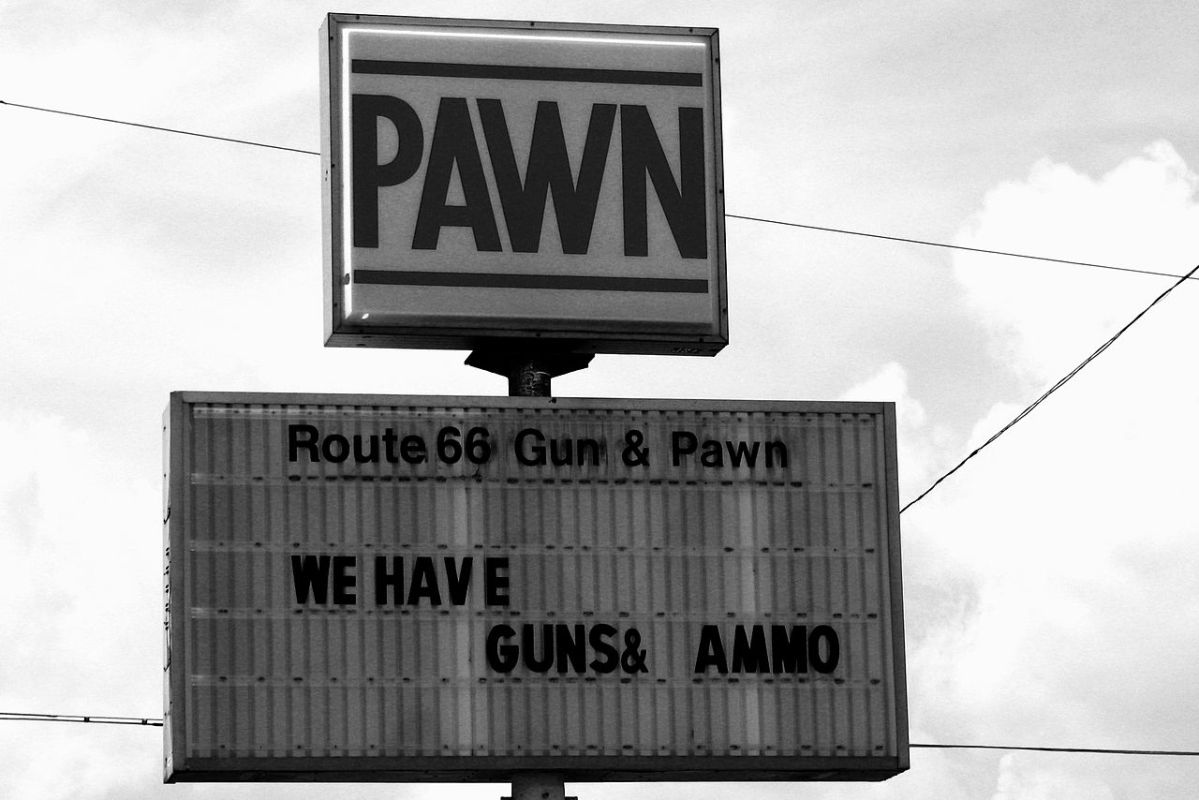Retail trends come and go, but pawn shops have proven to be surprisingly resilient over the years and decades. Some of that has to do with the adaptable nature of the business: a place that once sold watches might now do a brisk trade in video game consoles, for instance. And despite the ethical questions that can come up when shopping there, pawn shops are a destination that can draw a clientele across income brackets.
But while the appeal of pawn shops is consistent, something else about them is not: the amount of money they might offer you for a particular item. A new article by Zachary Crockett at The Hustle offers a particularly salient demonstration of that. Crockett offers readers a concise model of how pawn shop economics work, and then gets to the focus of the study, which offers some revealing information.
In conjunction with the site PawnGuru, The Hustle looked for bids on 4 distinct items from 4 Houston pawn shops. They included a 1-carat diamond and a PlayStation 4; the resulting bids pointed to the variability of the industry. The diamond, valued at $2,500, received the widest range of bids, with a high bid of $1,400 and a low bid of $200.
That’s a surprising disparity, but it’s one with an understandable rationale. As Crockett notes, pawn shops have their own specialties; you’re more likely to get an accurate bid from a shop that understands what it’s bidding on.
A shop with specialized knowledge in firearms might not give an informed offer on a Cartier watch, just as a shop run by a master jeweler might not know what he’s looking at when a 1950s Fender Stratocaster comes through the door.
Just as not everyone goes to a pawn shop for the same reasons, so too are not all pawn shops doing the same thing. It’s something to keep in mind if you’re ever at one, whether as buyer or seller.
Subscribe here for our free daily newsletter.
Thanks for reading InsideHook. Sign up for our daily newsletter and be in the know.


















